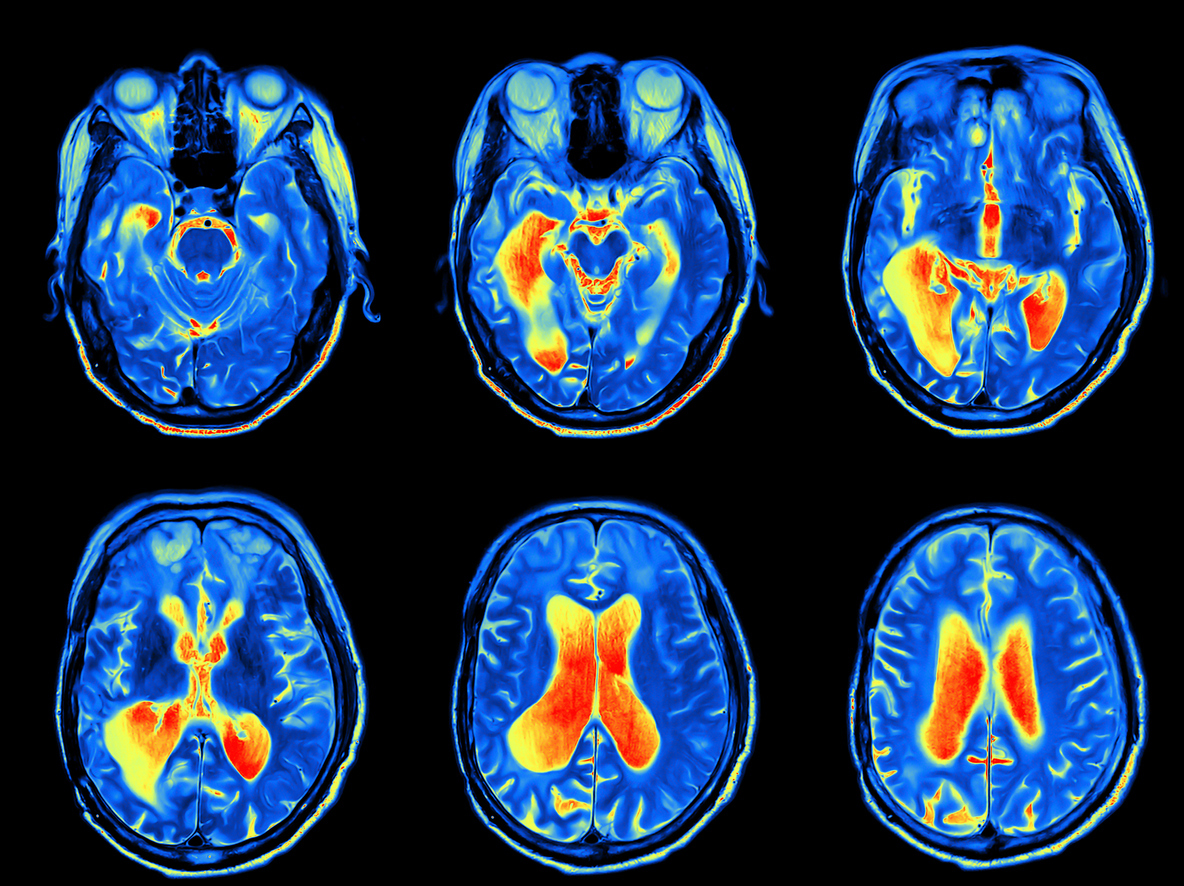The results of the British Nuclear Medicine Society (BNMS) survey part one have been published, with a reduction in total workload amounting to 65% during the Covid-19 pandemic.
The survey, covering the period from March to May 2020, found that 98% of participants had seen a decline in nuclear medicine diagnostic procedures, 85% have worked with a reduced workforce and 46% of staff have been deployed to a different role.
The most affected area of conventional diagnostic nuclear medicine, according to the survey results, was thyroid, parathyroid and renal imaging, which were reduced by more than 75%.
Provision of the appropriate PPE was a highly noted problem by respondents, with just 65% of participating members having readily available PPE at all times.
Of concern, 8% of respondents reported little or no access to appropriate PPE during the pandemic.
A small increase (10%) in service provision in a variety of scans including, as expected, lung perfusion studies, was reported by a few centres.
In relation to radiopharmaceutical supply, 81% of respondents did not experience any problems, 14% had occasional problems and 5% had significant disruption.
“There has been increasing concern about the current backlog due to postponement of routine nuclear medicine procedures,” BNMS said.
“Elective work is significant and also variable with an approximate expected time required to clear the backlog being as little as one month to as long as 12 months.”
“We are pleased that 71% of members have found the BNMS guidelines helpful with development of new SOP and pathways.”
A full scientific paper detailing the results of the survey is in preparation.
